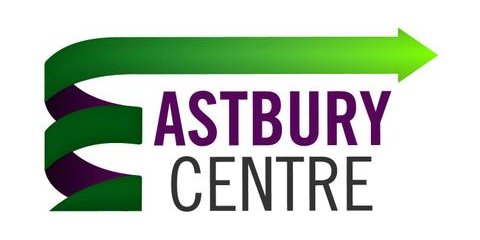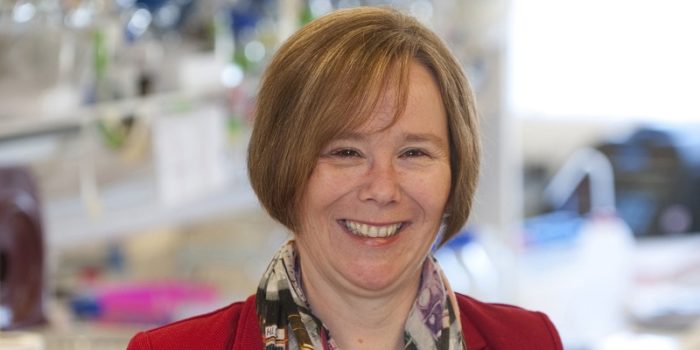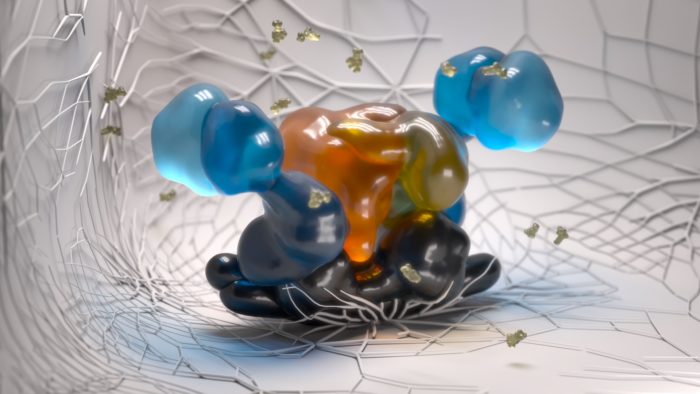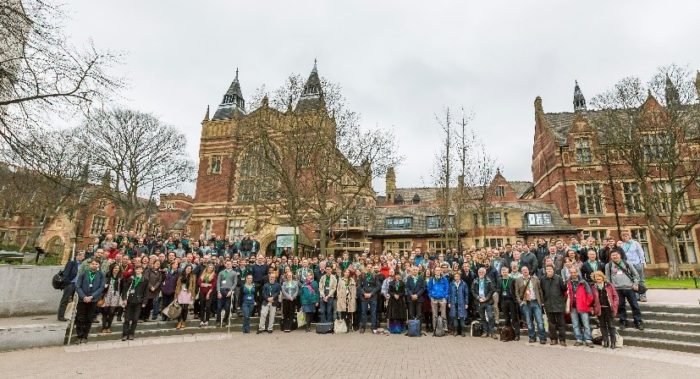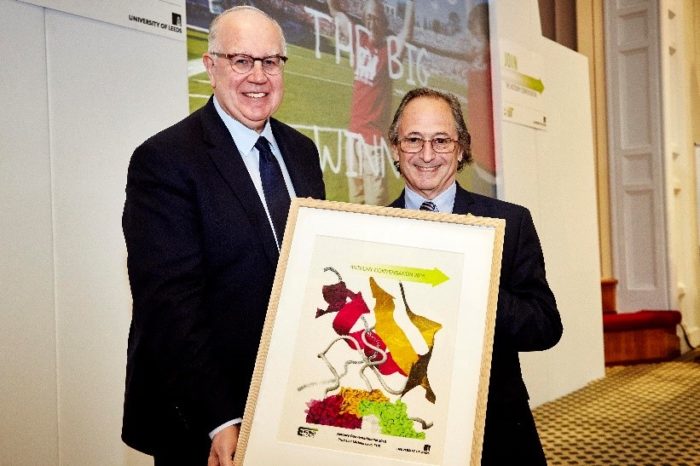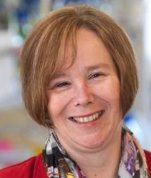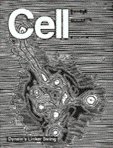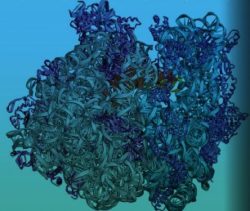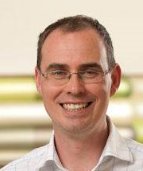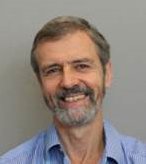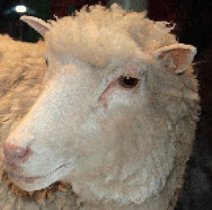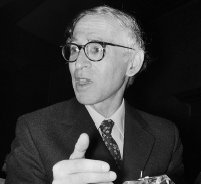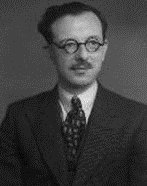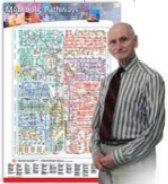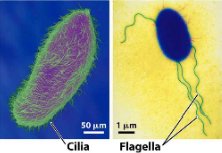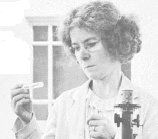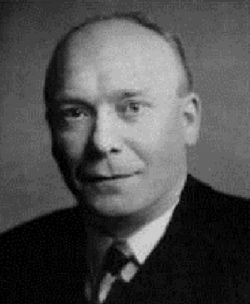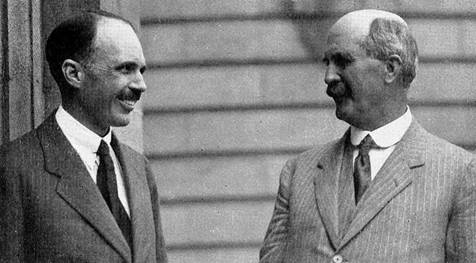2020
Timeline
Highlights from the Astbury Centre (A icon) and global highlights relevant to the Astbury Centre (globe icon).
2020
2020
2020
Nobel Prize in Chemistry awarded to Emmanuelle Charpentier and Jennifer A. Doudna for discovering one of gene technology's sharpest tools: the CRISPR/Cas9 genetic scissors.
2019
2019
2019
Malone et al., (Ranson lab) reveal the Cryo-EM structure of the spinach cytochrome b6 f complex at a resolution of 3.6 Å (Nature)
2019
Ebo et al., (Radford lab) design an in vivo platform to select and evolve aggregation-resistant proteins. (Nature Communications)
2019
The Astbury Centre celebrated its 20th anniversary with a one day symposium, visiting and current members gave talks and Simon Phillips (the first Astbury Director) returned to open the meeting.
2018
2018
Iadanza et al., ( Radford lab) reveal new insight into the basis of amyloid polymorphisms of β₂-microglobulin fibrils (Nature Communications)
2018
Nobel Prize in Chemistry awarded to Frances H. Arnold for the directed evolution of enzymes and George P. Smith and Sir Gregory P. Winter for the phage display of peptides and antibodies
2018
2017
2017
Patel et al., (Stockley lab) identify key regions of the HBV RNA pre-genome that mediate virus assembly (Nature Microbiology)
2017
Nobel Prize in Chemistry awarded to Jacques Dubochet, Joachim Frank and Richard Henderson for developing cryo-electron microscopy for the high-resolution structure determination of biomolecules in solution
2016
2016
Schiffrin et al., (Radford lab) identify Skp as a multivalent chaperone of outer membrane proteins (Nature Structural and Molecular Biology)
2016
Iadanza et al., (Radford lab) highlight lateral opening in the intact β-barrel assembly machinery using Cyo-EM (Nature Communications)
2016
2015
2015
University of Leeds establishes £17m Astbury BioStructure Laboratory
2015
Barnard et al. (AJ Wilson lab) describe selective & potent proteomimetic inhibitors of intracellular protein-protein interactions. (Angew Chem Int Ed)
2015
Nobel Prize in Chemistry awarded to Tomas Lindahl, Paul Modrich and Aziz Sancar for mechanistic studies of DNA repair
2014
2014
M McPherson & DC Tomlinson labs describe Adhirons as stable & versatile peptide display scaffolds for molecular recognition applications.
2014
Tanner SJ et al. (Barr & Edwards lab) publish the crystal structure of the essential transcription anti-terminator M2-1 protein of human respiratory syncytial virus. (PNAS)
2014
Karageorgis G et al. (Nelson lab) develop activity-directed synthesis, a novel bioactive molecular discovery approach. (Nature Chemistry)
2014
Nobel Prize in Chemistry awarded to Eric Betzig, Stefan W. Hell and William E. Moerner for “for the development of super-resolved fluorescence microscopy”
2014
Karageorgis G et al. (Nelson lab) discover bioactive scaffolds through activity-directed synthesis. (Nature Chemistry)
2014
Prof Sheena E Radford elected an FRS.
2013
2013
BBC archive recording 'Bragg on the Braggs' History of X-ray crystallography including contribution from Astbury Deputy Director Thomas Edwards.
2012
2012
Kellosalo J et al. (Goldman lab) identify the structure & catalytic cycle of a sodium-pumping pyrophosphatase. (Science)
2012
Williamson et al/ (Turnbull lab) describe the efficient N-terminal labelling of proteins by use of sortase. (Angew Chem Int Ed)
2012
Nobel Prize in chemistry awarded to BK Kobilka & RJ Lefkowitz for studies of G-protein coupled receptors.
2010
2010
Boyne JR et al. (Whitehouse lab) demonstrate that Kaposi's sarcoma-associated herpesvirus ORF57 interacts with PYM to enhance viral intronless mRNA translation. (EMBO)
2010
Prof Sheena E Radford elected Fellow of the Academy of Medical Sciences.
2009
2009
Mankouri J et al. (Harris lab) show how hepatitis C virus inhibits a pro-apoptotic K+ channel as a mechanism for virus persistence. (PNAS)
2009
2009
British Association for Science event on Astbury past & present.
2009
2009
Astbury@10 symposium takes place.
2007
2007
SEV Phillips, S Carr & J Hadden map the 3D structure of T7 endonuclease, one of a class of enzymes that makes us “unique”.
2007
The first annual Astbury residential research retreat takes place in Kendal, Lake District.
2007
The first annual Astbury lecture is delivered.
2007
The Astbury centre is acknowledged as a research “Gold Peak”.
2006
2006
Jahn TR et al. (Radford lab) discover that amyloid formation under physiological conditions proceeds via a native-like folding intermediate. (Nature Struct & Mol Biol)
2006
Nobel prize in chemistry awarded to RD Kornberg for studies of the molecular basis of eukaryotic transcription.
2006
Whitehouse lab demonstrate how nucleolar trafficking is essential for nuclear export of intronless herpesvirus mRNAs. (PNAS)
2005
2005
Formation of the Astbury Society.
2004
2004
Biophysics & Bionanoscience interdisciplinary institutes are formed under the Astbury umbrella.
2003
2003
Roderick Mackinnon & Peter Agre awarded the Nobel prize in chemistry for discoveries concerning channels in cell membranes.
2003
Griffin S & Harris M discover hepatitis C virus P7 protein is an ion channel.
2002
2002
McParland & VJ et al. (Radford lab) identify the structural properties of an amyloid precursor of β2-microglobulin. (Nature Structural Biology)
2002
Capaldi AP et al. (Radford lab) discover the Im7 folding mechanism: misfolding on the path to the native state. (Nature Structural Biology)
1999
1999
Wilmot et al. (Phillips lab) directly visualise dioxygen bound to a mononuclear copper centre during enzyme catalysis. (Science)
1999
Astbury formally constituted as a University of Leeds interdisciplinary research centre.
1998
1998
Convery MA et al. (Phillips/Stockley labs) publish the crystal structure of an RNA aptamer-protein complex 2.8 Å resolution. (Nature Structural Biology)
1997
1997
Nobel Prize in Chemistry awarded to PD Boyer, JE Walker & JC Skou for the elucidation of the enzymatic mechanism underlying the synthesis of ATP & the discovery of an ion-transporting enzyme.
1991
1991
ACT North , JBC Findlay, SEV Phillips et al. discover the structure of the mouse major urinary protein.
1990
1990
Astbury Department of Biophysics merges with the Department of Biochemistry.
1989
1989
Phillips SE et al., (Stockley lab) publish the cooperative tandem binding of the met repressor of Escherichia coli. (Nature)
1986
1986
Simon Phillips resolves the first 3D structure of an antibody-antigen complex.
1985
1985
Nobel prize in Chemistry awarded to H Hauptman & J Karle for the development of direct methods for the determination of crystal structures.
1982
1982
1976
1976
ACT North & PE Nixon derive the structure of human lysozyme from hen egg lysozyme. Represents the first application of molecular replacement.
1973
1973
Anthony CT North appointed as Head of Astbury Department of Biophysics
1972
1972
Nobel prize in Chemistry awarded to CB Anfinsen for the folding of protein chains.
1962
1962
Nobel Prize in Physiology or Medicine awarded to F Crick, J Watson & M Wilkins for discoveries concerning the helical structure of DNA.
1962
The first paper on the structure of hen egg lysozyme was published by C.C.F Blake, R.H Fenn, A.C.T North, D.C Phillips and R.J Poljak. This was the first 3D structure of an enzyme and the third of a globular protein, following the myoglobin and haemoglobin structures.
1961
1961
Nobel Prize in Chemistry awarded to MF Perutz & JC Kendrew for the first 3D structures of haemoglobin & myoglobin.
1960
1960
Astbury becomes 4th recipient of Duckett Jones Memorial Award for pioneering & continuing work on X-ray diffraction.
Donald E Nicholson publishes the first metabolic pathway chart.
1953
1953
Astbury awarded American Society of European Chemists medal for his outstanding contribution to scientific relations.
1953
1953
Watson and Crick discover first correct double-helix model of DNA structure.
1951
1951
Elwyn Beighton's photograph of wet DNA fibres reveals the classic “black-cross" diffraction pattern and characteristic of helical molecules. Although never published, the photograph shows remarkable similarity to photograph 51 taken in the following year by Rosalind Franklin and Raymond Gosling.
1945
1945
Kathleen Lonsdale one of two women to be elected FRS in that year.
1940
1940
Bill Astbury elected a Fellow of the Royal Society.
1939
1939
Florence Bell awarded a PhD from the University of Leeds. Her thesis contained the first diffraction pattern from DNA fibres and revealed a key piece of information - that the spacing between successive nucleotides in the DNA strand was 3.4 Angstroms (Astbury & Bell (1938) X-ray studies of thymonucleic acid; Nature 141: 747-748).
1939
1931
1931
Astbury identifies two major recurring patterns of protein structure (α & β) & takes the first X-ray fibre diffraction pictures of DNA.
1928
1915
1915
1908

